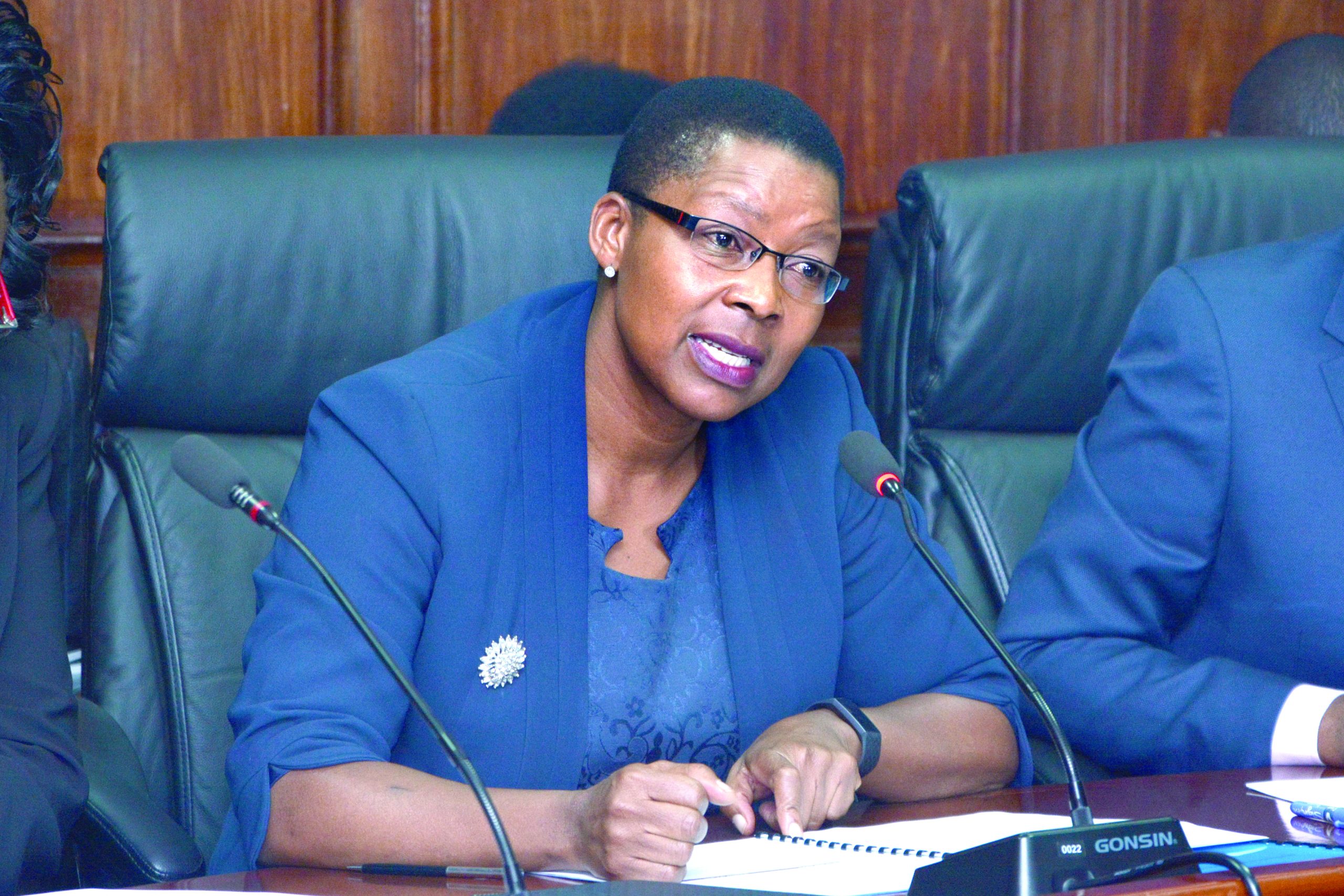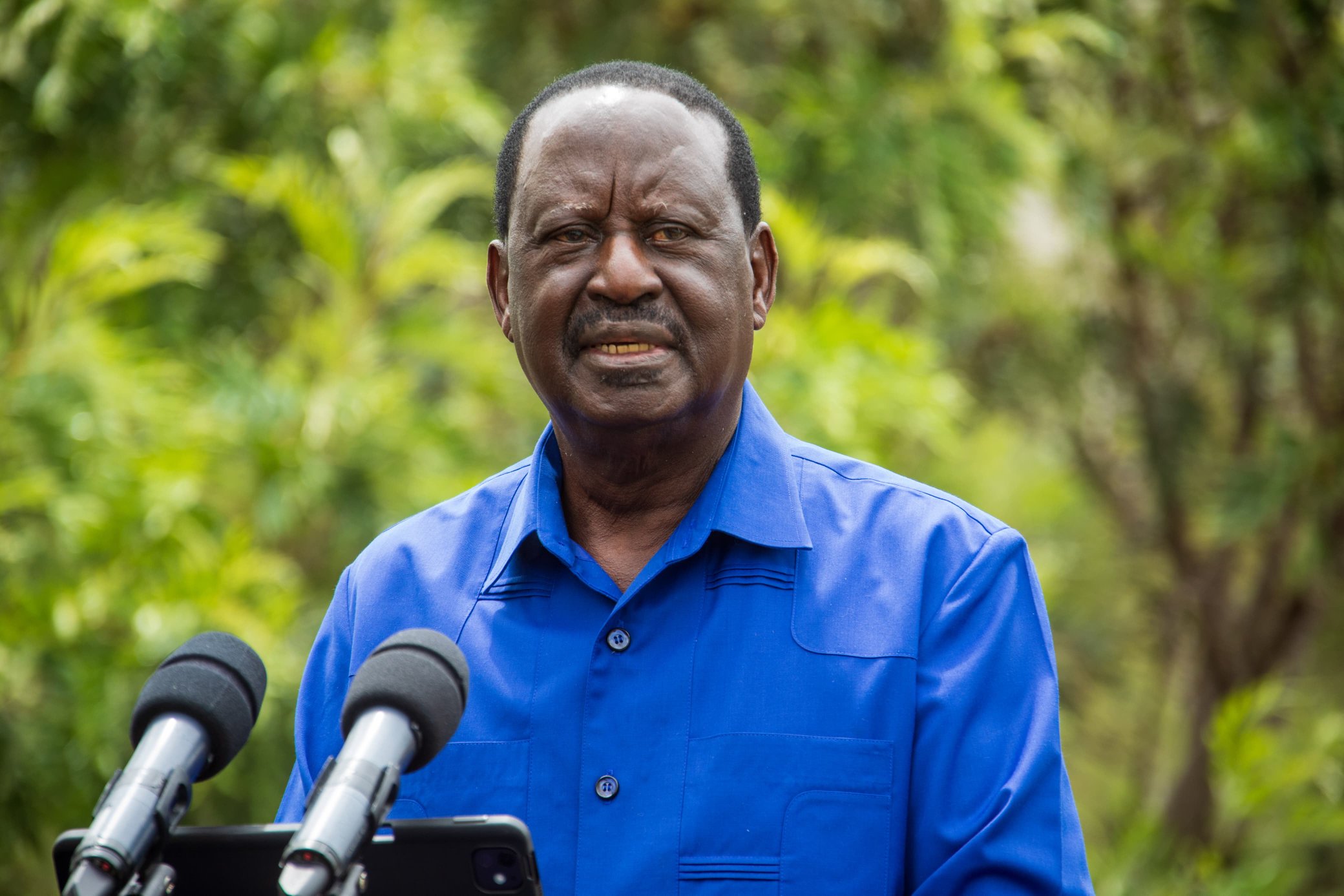State moves to block petition on Sh6.9tr audit of Kenya’s debt

The Office of the Attorney General has moved to strike out a high-stakes constitutional petition challenging some Sh6.9 trillion in public debt, arguing that the matter was premature and risked undermining a comprehensive audit of Kenya’s public borrowing from 1963 to 2024.
Filed under a certificate of urgency, the application stated that the Auditor General was already conducting a forensic review of public debt stock from independence to date, a process the state claimed must be allowed to run its course before the courts intervened.
“The ongoing audit is an expert-oriented and specialized process of determining whether public money arising from borrowings has been applied lawfully and in an effective way,” said Chris Kiptoo, Principal Secretary at the National Treasury, in a sworn affidavit supporting the government’s motion.
The Attorney General’s response disclosed that an entry meeting between the National Treasury and the Auditor General’s office was held on September 2024, formally initiating the debt audit. Minutes from that meeting, submitted in court, outline an audit scope stretching back to Kenya’s first external loan in 1965, and covering all categories of debt, external, domestic, and government-guaranteed.
Lawfulness, accountability
The audit’s stated objective, according to annexed documents, was to assess the lawfulness, acquisition, and accountability in use of public debt stock, forming the crux of the state’s argument that the court should defer to the audit before taking any judicial action
The government argues that allowing the petition to proceed at this stage would prejudice the audit, potentially derail the constitutional mandate of the Auditor General, and force the Treasury and other offices into premature legal defense before the facts are fully established.
But critics have slammed the state’s argument as a diversionary tactic. Okiya Omtatah, the lead petitioner in Petition No. E216 of 2025, dismissed the “1963 to present” audit narrative as an attempt to deflect attention from the core allegations in the case.
“We are clear. Article 229(4)(g) of the Constitution mandates the Auditor General to audit and report on public debt every financial year, with reports due between July and December,” Omtatah stated. “That means we should already have audit reports for each year from 2014 to 2024. This so-called 1963–2024 mega audit is a distraction, nothing more than a smokescreen meant to confuse the public and delay justice.”
The petition filed by Omtatah and eight others is one of the most sweeping legal challenges to Kenya’s fiscal governance. It alleges that billions were borrowed without parliamentary approval or presidential assent, and that proceeds, including those from Eurobond issuances were illegally banked in offshore accounts instead of the Consolidated Fund, in violation of Article 206 of the Constitution.
It also called into question amendments to the Public Finance Management Act which allegedly enabled these actions without sufficient legislative scrutiny, bypassing the Senate and weakening oversight.
The respondents include former and current senior public officials, from ex-President Uhuru Kenyatta to Treasury and Central Bank leadership, and even the International Monetary Fund (IMF) as a respondent.
With the court set to rule on the issue of empanelment on June 23, the next few weeks will determine whether the matter proceeds to full hearing and whether the government can succeed in halting what could be the most consequential fiscal accountability trial in recent Kenyan history.











